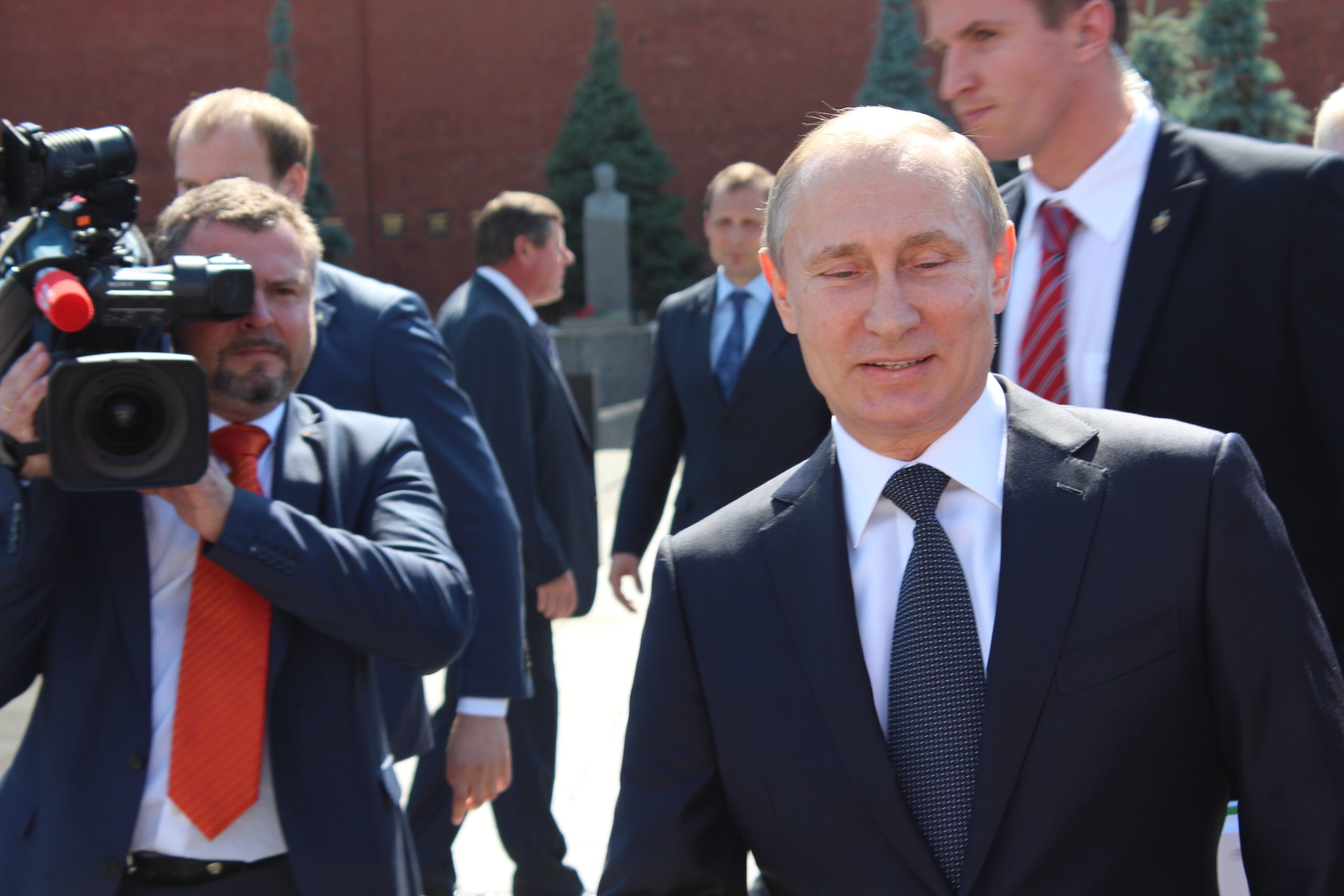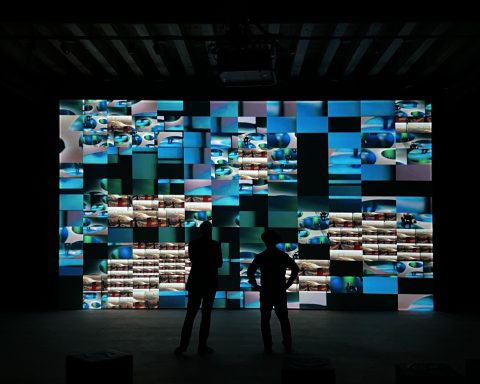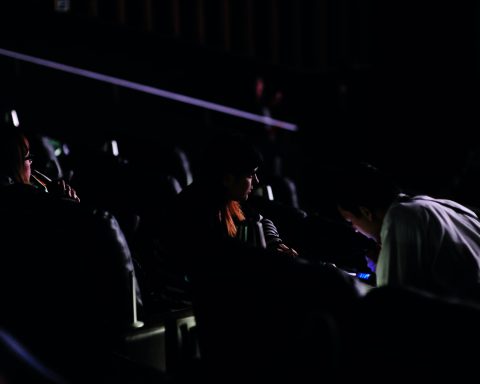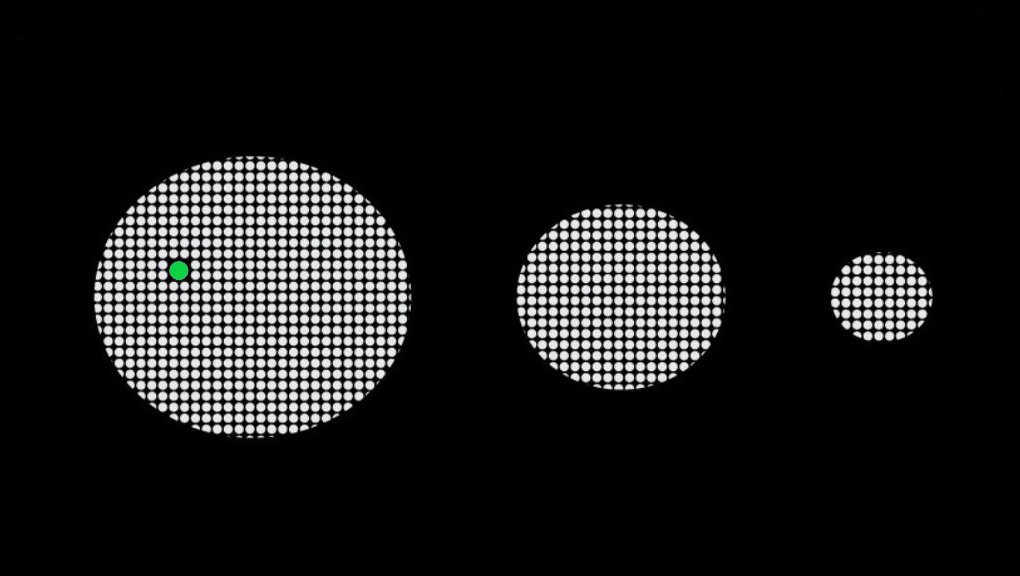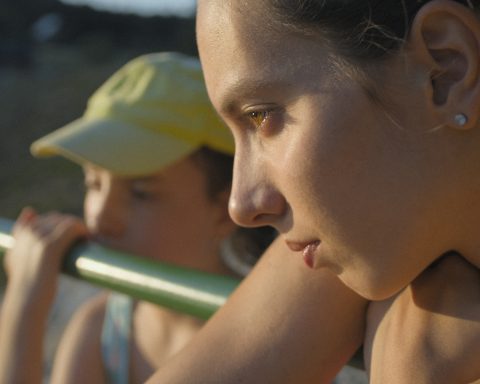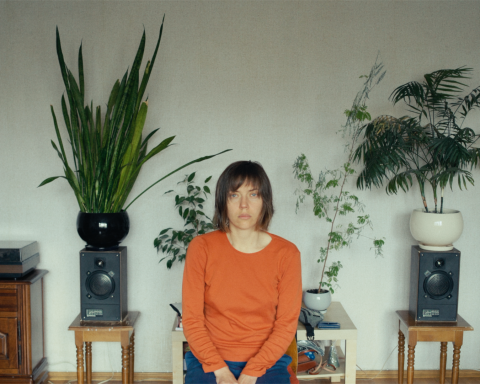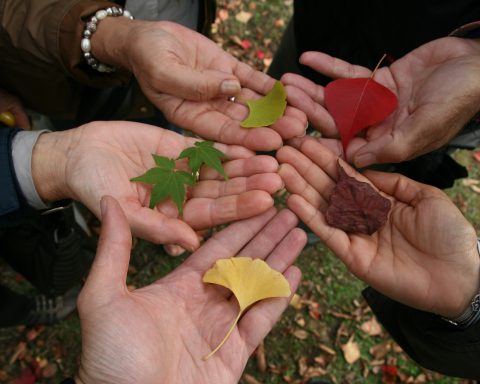For the second year in a row, Forbes magazine has voted Russia’s President Vladimir Putin the most powerful man in the world. This accolade is not easy to come by. However, owning the world’s largest stockpile of nuclear weapons evidently had a “helping hand” in getting Donald Trump elected, and taking another country’s territory without consequences is certainly evidence of the Russian leader’s power. This is not to mention the fact that he has ruled the world’s largest country, directly or indirectly, since December 31st, 1999.
Boris Yeltsin, Russia’s first democratically-elected president, resigned his office on the above date and designated his little-known prime minister, ex-KGB agent Vladimir Putin, as acting president of the Russian Federation. Yeltsin’s resignation triggered a presidential election in three-months’ time. What followed was a brilliant public relations (PR) campaign to get Putin elected in the presidential election of early 2000.
This is the story told by the documentary Putin’s Witnesses.
This film, shown at DOK Leipzig 2018, is no ordinary documentary. For starters, its director Vitaly Mansky was one of Putin’s PR persons, and later became critical of his former boss. Actually, a lot of the film’s footage was originally shot for a pro-Putin documentary aiming to depict Putin (the man who would come to rule Russia for the next 18 years) as the faithful disciple of Yeltsin’s liberal democratic aspirations.
As Putin’s Witnesses illustrates, his campaign for the 2000 presidential election did not focus on traditional political ads, but on showing the then acting president as one “working” for the people. During interviews, especially with Mansky – himself the camera man for much of the footage – Putin showed his “soft side,” appearing unsure and vulnerable.
During a long discussion session after the film, hosted by the Polish Institute in Leipzig, I had the chance to ask Mansky about Putin’s vulnerable and unsure demeanor back in 2000. He explained that Putin’s every move was a well-calculated PR ploy; the unsure and vulnerable demeanor he displayed was aimed at liberals inside and outside Russia. To legitimize himself, Putin had to shed his KGB credentials and appear as a true liberal democrat.
Putin’s PR campaign was highly successful. He won the 2000 presidential election in the first round.
It is important to point out that this election was free and fair. It was a competitive election, unlike the most recent Russian presidential election.
The true Putin began to surface some months after his election victory in 2000.
Putin’s campaign team for the 2000 presidential election consisted of about a dozen men and women. They included pollsters, journalists and politicians who were eager to see a continuation to Yeltsin’s post-Soviet transition into a democratic Russia. In the documentary, one can see Yeltsin assuring the Russian people that freedom of the press would continue to be guaranteed under Putin. However, freedom of the press, along with other civil and political freedoms, have been severely curtailed under Putin’s rule.
About six months after Putin won the 2000 election in Russia, he started to remove all “Yeltsinists” who helped him get elected president.
By the end of his first presidential term, his initial entourage had either joined the opposition, fled the country, or been jailed. As Mansky explained in the discussion session, “Putin replaced his former ‘Yeltsinist’ entourage with former KGB agents, the men he had always trusted.”
The only member of his presidential campaign team that survived the purge was his loyal right-hand man (to this day), Dmitry Medvedev. He worked with Putin during their stint at the St. Petersburg Town Hall in the 1990s, and would go on to become Putin’s hand-picked president, from 2008 to 2012. It was a period when Putin was constitutionally barred from running, but in which he was assured to continue ruling the country – as (surprise!) prime minister alongside Medvedev. In 2012, Medvedev was switched to the role of prime minister, and has continued serving under Putin in that capacity.
During Putin’s first year in office, there were other symptoms of times to come with, for instance, the anthem controversy prominently foregrounded in Putin’s Witnesses.
In a nutshell, Putin changed the music of the Russian National Anthem from the non-Soviet one commissioned by Yeltsin in the 1990s to the music of the Soviet anthem.
This stirred up strong feelings among Russians – both positive and negative ones.
As the documentary shows, though, no one was as surprised as Boris Yeltsin himself. While hearing the new / old national anthem on TV, celebrating the New Year (2001) and commemorating Putin’s first year as head of the Russian state, Yeltsin is shown trying not to show his true emotions to Mansky and his camera. He contains himself and just comments that the new / old anthem is “reddish.”
Mansky knows he was witness and accomplice.
The director chose the title of his documentary, Putin’s Witnesses, rather carefully. It points to the fact that many people witnessing Putin’s increasingly authoritarian tendencies are partly at fault for what the Russian political system has become. Right before the screening of his documentary, Mansky said that “if we do nothing, if we are just witnesses, we are also supporting Putin.”
This was a clear mea culpa by the PR-man-turned-filmmaker. Moreover, he does not argue that no one saw Putin’s authoritarian tendencies coming. The first scene of his documentary depicts Mansky’s wife angrily lamenting that an ex-KGB agent was becoming their president on New Year’s Eve 1999. “We are going to have to leave this country,” she said. This proved to be a very correct omen, as Mansky and his family would end up leaving for Latvia after Russia’s annexation of Crimea and the increasing limitations on what filmmakers could produce.
If you want to take an honest, chilling, and intimate look at the rise of the “most powerful man in the world,” Putin’s Witnesses is certainly worth a watch. The next festival screenings this month will be in Amsterdam.

